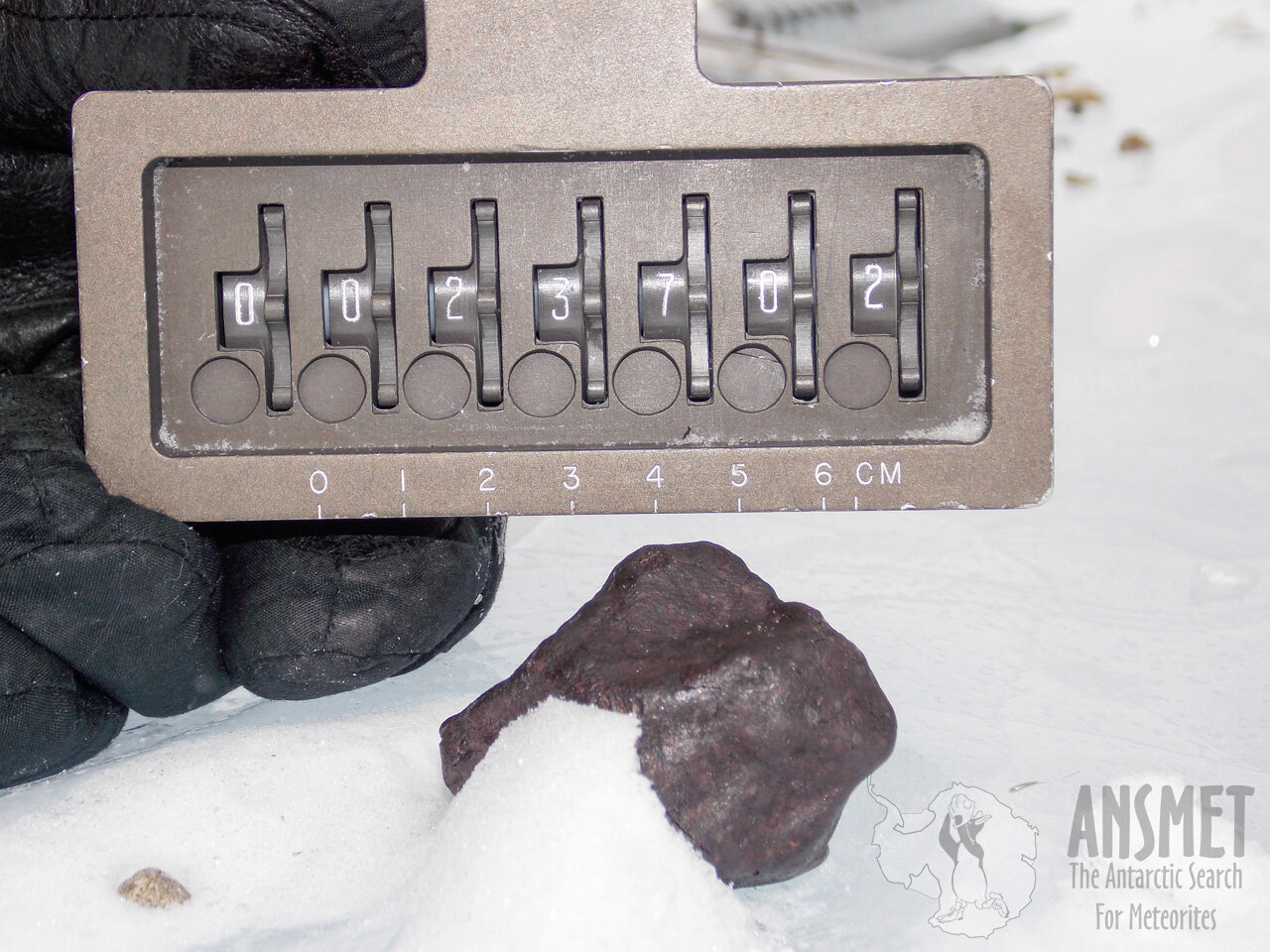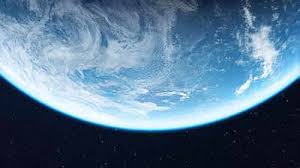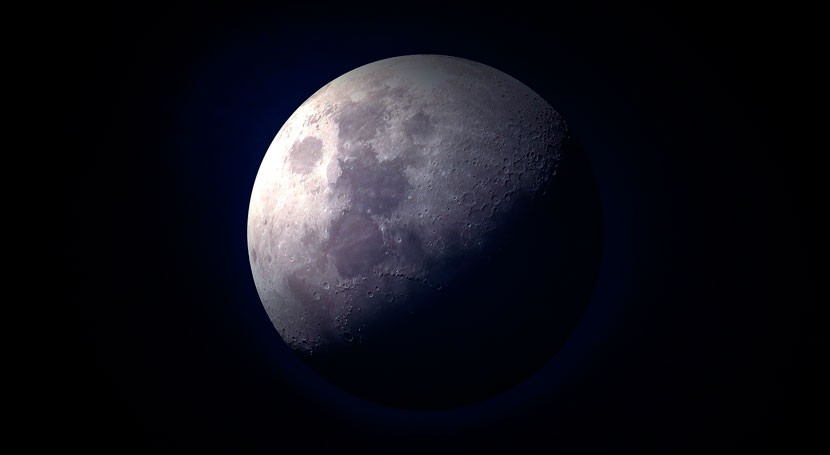
Using a rare type of meteorite, enstatite chondrite, which has a composition analogous to that of the early Earth - researchers have found a source of hydrogen which would have been critical for the formation of water molecules.

Scientist have concluded water did not arrive as early during Earth's formation as previously thought.

A new study argues that Pop III stars flooded the cosmos with water. Based on this, by 100 to 200 million years after the Big Bang, there could have been enough water and other elements in molecular clouds for life to form.

Approximately three million people in currently untapped areas of Korea could face groundwater depletion by 2080.

Groundwater provides about half of the world's population with drinking water and nearly half of all water used to irrigate crops. It can take decades or even centuries for some aquifers to recover after they are depleted.

Astronomers have found water vapor around a young star within the constellation Taurus, 450 light-years away from Earth.

New research shows the early lunar crust which makes up the surface of the Moon was considerably enriched in water more than 4 billion years ago, counter to previously held understanding.

Human activities are making the globe saltier, specifically in our soils, fresh water and air, according to a new study. The excess salt has already caused serious issues in freshwater supplies in recent decades.

The phenomenon might play a role in the formation and evolution of fog and clouds, and thus would be important to incorporate into climate models to improve their accuracy.

New findings suggest the water originates from the space between solar systems, billions of years before the birth of our sun.

By bringing pure water into contact with an electron-sharing alkali metal – in this case an alloy of sodium and potassium – free-moving charged particles can be added, turning water metallic.

A new study finds that Earth's water may have come from materials that were present in the inner solar system at the time the planet formed - instead of far-reaching comets or asteroids delivering such water.

Where does the water on Earth come from? How was our Moon formed? And is there one single event that had led to the formation of both?

A completely passive solar-powered desalination system could provide more than 5,5 liters of fresh drinking water per hour. Such systems could potentially serve off-grid arid coastal areas to provide an efficient, low-cost water source.

Swiss researchers have now identified an unusual way to prevent water from forming ice crystals, so even at extreme sub-zero temperatures it retains the amorphous characteristics of a liquid.